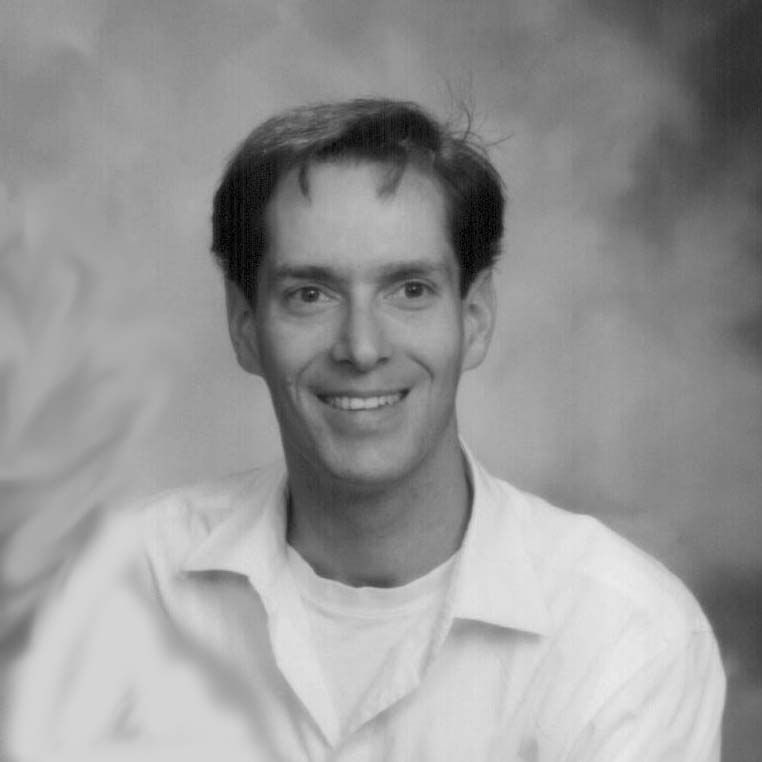G&M Subtitle Subterfugue
The Globe and Mail, no lets say all main stream news outlets, just doesn't understand the difference between academic research and think tank research. In reporting the findings of 655,000 excess deaths in Iraq published this week in The Lancet, the Globe and Mail Headlined the story as follows:
Iraq Civilian War Deaths top 650,000, Study Says.The for effect they included the subtitle: Expert dismisses survey – with results far higher than other estimates – as 'politics' meant to influence U.S. congressional elections
In an effort to provide "balance" for the article, the G&M sought out an expert to provide a different view point. Unfortunately, the expert they found, Anthony Cordeman, while a recognized expert in military strategy, is not an expert in public health, nor would he be expected to be intimately familiar with instruments and methodologies used by public health researchers to measure mortality rates disaster ravaged areas. The Center for Strategic and International Studies - a right wing think tank which employs Mr. Cardeman, lists him as an expert in:
- Middle East Military Balance;
- Weapons of Mass Destruction;
- Ballistic Missile Defense;
- Critical Infrastructure Protection;
- Homeland Security;
- Wars in Iraq and Afghanistan;
- US and Middle East Energy Policy; and
- Saudi Arabia.
Mr. Cardeman currently holds an Arleigh Burke Chair in Strategy at the Center for Strategic and International Studies (CSIS) has also served as a middle east analyst for ABC News, a security assistant to Senator John McCain on the Senate Armed Services Committee and has held a variety of posts with the US Department of Defense. He has also lectured at Georgetown University on National Security issues. Mr. Cardeman is extensively published on the subjects of military and security strategy and policy and while not an academic is widely considered a scholar in these areas. He is not an expert on public health nor is he likely to be even remotely familiar with the methods used by the Johns Hopkins researchers.
All research is not the same. The gold standard in research has the three "P's". Public funding, Peer review and Publication in a major journal. Private think tanks such as CSIS produce third rate analysis and little or no research. News outlets need to understand that "balancing" publicly funded, peer reviewed and published research with "expert" opinions from private think thanks is misleading and dishonest.
Private think tanks can pick and chose, via a closed process, which studies they want to fund and publish. The have obligations to the private institutions that provide their funding to espouse certain view points - regardless of what the evidence says. And they often have a lot to say on a lot of different topics. It is dead easy for a journalist to get a quote from one of these think tanks, be it the Fraser Institute, CSIS, the CATO instutute, Brookings Institute, American Enterprise Institute etc. But getting the ease quote does not always make for honest and balanced reporting.
If the Globe had wanted to provide real balance for the story, they would have had to do some research. Not scientific research, but journalism research. Such as that done by the Columbia University Journalism Review when the inital 2004 study was publish. The Columbia author interviewed 10 biostaticians and mortality experts and found that none of them had serious issues with the methods or conclusions of the report. The Chronical of Higher Education also interviews statisticians, public health researchers, epedemiologists, and mortality experts from several medical journals and universities, the Red Cross and the World Health Organization and concluded that the 2004 study was without fatal flaws.
But I guess it is much easier to mislead the public with lazy journalisme and call it "balance".











No comments:
Post a Comment